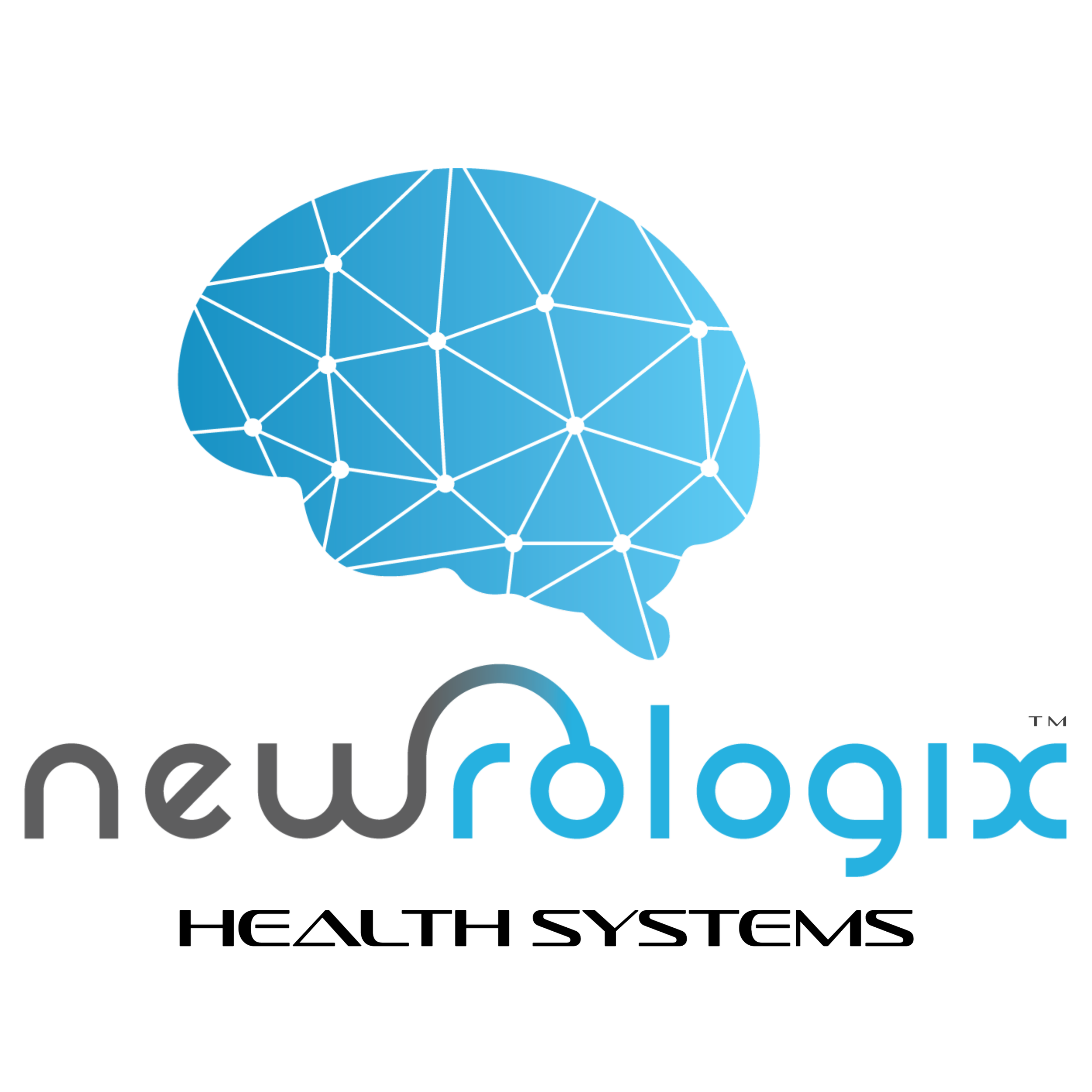How does Neurofeedback help with Anxiety?
Neurofeedback is a type of therapy that aims to train individuals to regulate their own brainwave patterns, and it may help with anxiety by promoting changes in the brain that can lead to a reduction in anxiety symptoms. Here are some of the ways that neurofeedback may help with anxiety:
1. Promotes relaxation: Neurofeedback can train individuals to increase their production of brainwaves associated with relaxation, such as alpha waves. This can help to induce a state of calm and relaxation, which may be helpful for individuals with anxiety who struggle with excessive worry or nervousness.
2. Improves emotional regulation: Neurofeedback can help individuals learn to regulate their emotions more effectively. This may be particularly helpful for individuals with anxiety who struggle with intense emotional reactions to stressful situations.
3. Enhances cognitive flexibility: Neurofeedback can also help to enhance cognitive flexibility, or the ability to shift one's attention and adapt to changing circumstances. This can be helpful for individuals with anxiety who may become stuck in patterns of negative thinking or rumination.
4. Reduces physiological arousal: Neurofeedback can help to reduce physiological arousal, such as increased heart rate and sweating, that can be associated with anxiety. This can help individuals to better manage physical symptoms of anxiety and feel more in control of their anxiety.
5. Encourages positive neural plasticity: Finally, neurofeedback may promote positive neural plasticity, or changes in the brain that can lead to long-term improvements in anxiety symptoms. This may occur through the repeated reinforcement of desired brainwave patterns, leading to changes in the brain that can lead to reduced anxiety symptoms over time.
It's important to note that the specific mechanisms by which neurofeedback may help with anxiety are still not fully understood, and more research is needed to better understand how this therapy works. It's also important to consult with a licensed healthcare professional to determine if neurofeedback is an appropriate treatment option for your specific situation. They can help you evaluate the available treatment options, including neurofeedback, and determine the most effective course of treatment for your needs

